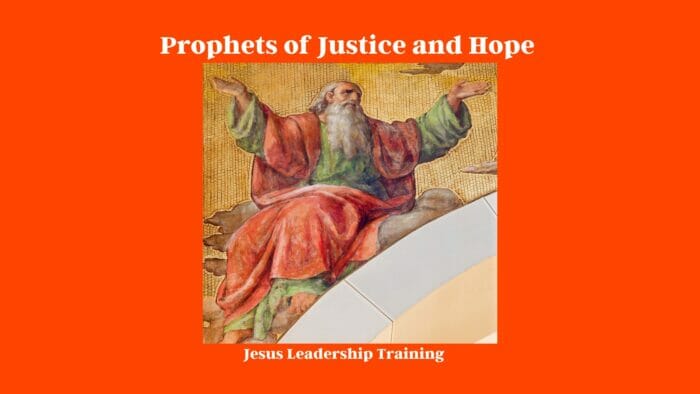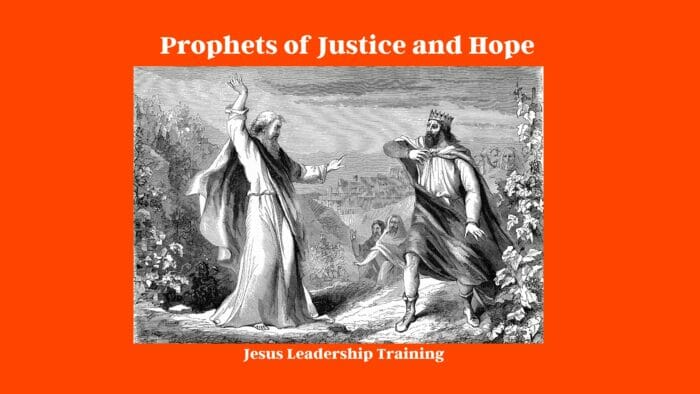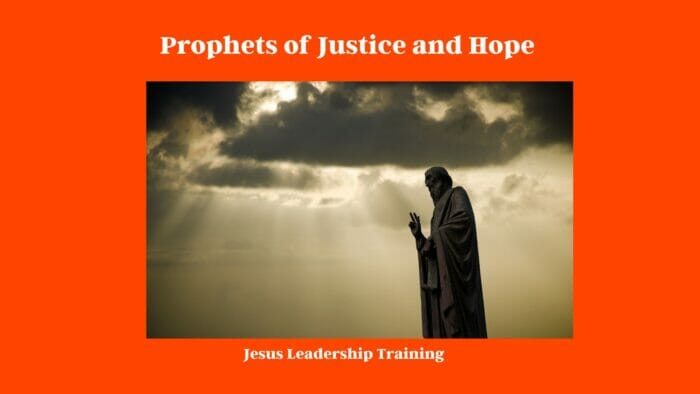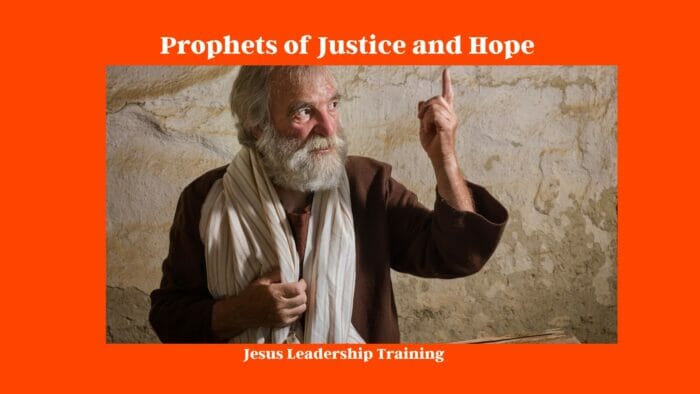Table of Contents
Introduction: Echoes from Antiquity
Sometimes, messages from the past ring true across millennia, resonating with circumstances in our present era. One such remarkable source of these ageless echoes is the Prophets of Justice and Hope and their messages for Ancient Israel and beyond. It’s fascinating how their age-old teachings could still have ripples in our contemporary society.
Prophets of Justice and Hope: Messages for Ancient Israel and Beyond
Guided by divine inspiration, these prophets stepped into the scene during times of social and spiritual crisis. They confronted injustices, championed social reform, and served as beacons of hope, underpinning their bold assertions with a mandate from a higher authority.
The Stalwarts of Justice
These prophets’ messages were not merely spiritual but often intrinsically linked to social justice. They stood firmly against exploitation of the poor, condemning the excesses of the rich and powerful, and espousing equality and fairness.

Micah: The Advocate of the Marginalized
One prime example of this was Micah. His persistent pleas for justice, especially for the socially downtrodden, are resounding even today. His vision of a society where people “sit under their own vines and fig trees, and no one shall make them afraid” is a timeless ideal of peaceful coexistence and economic sufficiency.
The Harbingers of Hope
Despite their harsh critiques, the prophets were not merely doom-sayers. They envisaged a brighter future, promising hope and redemption for their society. Their optimism, despite overwhelming odds, serves as an enduring testament to the power of hope.
Isaiah: The Visionary of Peace
Consider Isaiah, whose beautiful words painted a hopeful future. “They will beat their swords into plowshares and their spears into pruning hooks,” he prophesied, envisioning a world free from war, where resources are used for nurturing life instead of ending it.

Implications for Modern Society
So, why should these ancient prophets matter to us in the 21st century? Well, their timeless messages of justice and hope can serve as a moral compass, guiding us through turbulent times.
Addressing Economic Disparities
As in the prophets’ times, economic inequality is a pressing issue today. Their passionate calls for fairness and justice can inspire contemporary movements for economic justice.
The Fight Against Oppression
Oppression and injustice still plague many societies. The prophets’ uncompromising stand against these issues is a call to action for modern advocates of social justice.

Fostering Global Peace
Our world is riddled with conflict, just like Ancient Israel. The prophets’ visions of a peaceful future can inspire nations towards disarmament and peaceful coexistence.
The Prophets in Contemporary Media and Art
The Prophets of Justice and Hope are not only found in sacred texts. They have permeated popular culture, influencing literature, art, and even modern media.
Portrayal in Literature
From Milton’s “Paradise Lost” to Orwell’s “1984”, numerous works have drawn inspiration from these prophetic figures and their messages.
Depiction in Visual Art
Artists over centuries have depicted these prophets, their struggles, and their visions, bringing their narratives to life through vivid imagery.
Final Thoughts: The Prophets’ Enduring Legacy
As we’ve seen, the Prophets of Justice and Hope and their messages for Ancient Israel still reverberate in our world. They serve as a testament to the enduring power of justice, hope, and the human spirit. Indeed, their voices still matter, even thousands of years after they first spoke.
FAQs
1. Who were the Prophets of Justice and Hope? They were spiritual leaders in Ancient Israel who spoke out against social injustice and offered messages of hope for a better future.
2. Why are the messages of these prophets important today? Their calls for justice, equality, and peace are relevant to many contemporary issues, including economic disparity, oppression, and global conflict.
3. How have the prophets influenced modern culture? Their narratives have found their way into literature, visual art, and popular media, underscoring their enduring influence.
4. What can we learn from the Prophets of Justice and Hope? Their messages can inspire us to confront injustice, advocate for peace, and remain hopeful, even in challenging times.
5. How can the prophets’ messages influence our understanding of justice and hope? Their visions of a just and peaceful society can guide our perspectives on these concepts, informing our actions and attitudes.
6. Are the messages of these prophets universally applicable? While rooted in specific historical contexts, the core principles espoused by these prophets — justice, peace, and hope — are universally relevant.
Conclusion
The Prophets of Justice and Hope: Messages for Ancient Israel and Beyond serve as timeless reminders of the power of justice, peace, and hope. As we face the complexities of our modern world, their teachings can guide us, inspire us, and fill us with hope for a better future.




